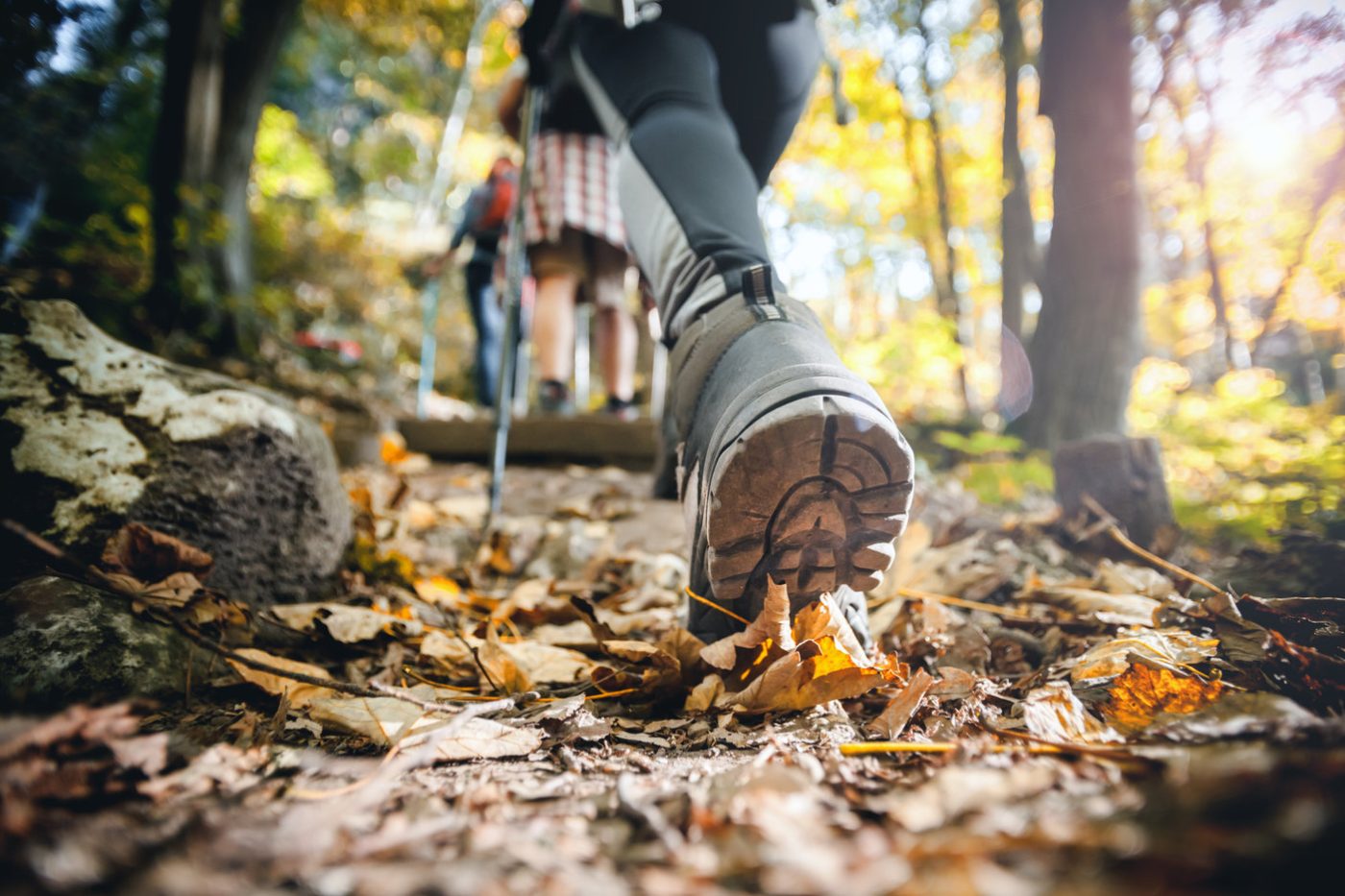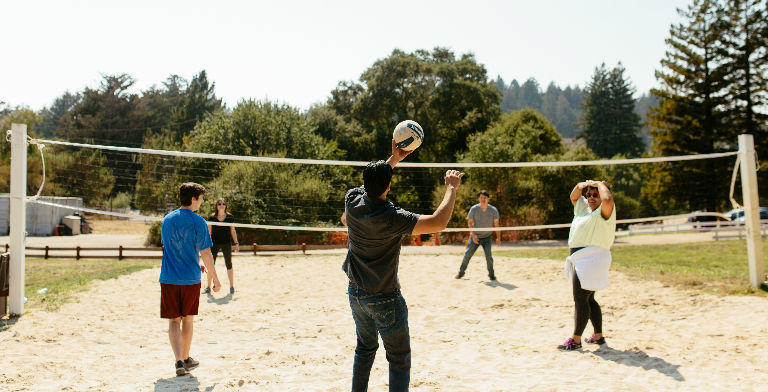The Risks
Substance Abuse and Overdose: The Risks
The abuse of any type of substance will inevitably cause much devastation in the lives of users. Regardless of the specific type of substance that is used, the addiction that can result can become all-consuming, impacting every aspect of a person’s life. Relationships can deteriorate, careers can be placed in jeopardy, academic failure can ensue, marriages can crumble, and child custody can be lost as a direct result of someone’s obsession with abusing drugs or alcohol. The consumption of substances can become an individual’s top priority, leaving all other things to fall to the wayside.
When substance abuse is a factor in an individual’s life, his or her health is also placed at imminent risk. Depending on the particular substance that a person is using, the effects on his or her health can vary. However, regardless of the person’s substance of choice, the possibility of experiencing an overdose is always present, which has the potential to be fatal. Therefore, receiving treatment at a rehab center is of the utmost importance, as rehab can help provide a safeguard from the perils of addiction.
Signs
The Signs of Overdose
Overdoses occur when a person ingests more of a substance than his or her body is capable of metabolizing or excreting. The type of substance that a person has been using, the length of time that he or she has been using, and the amount that he or she uses, the signs of overdose will vary. The following are a few examples of various signs or symptoms that may be indicative that an individual has overdosed on drugs or alcohol:
- Loss of coordination
- Confusion
- Breathing changes
- Nausea
- Vomiting
- Rapid eye movement
- Color loss in one’s skin, lips, and/or fingernails
- Drowsiness
- Dry mouth
- Fever
- Discolored tongue
- Slurred speech
- Dilated or constricted pupils
- Muscle cramping
- Hypotension
- Restlessness
- Muscle spasms
- Weakened pulse
- Diarrhea
- Organ failure
- Convulsions
- Catatonia
- Coma
- Heart attack
- Stroke
- Seizures
- Hallucinations
- Psychosis
What To Do
What to Do if a Person is Showing Signs of Overdose
If a person displays any of the aforementioned signs, it is imperative that treatment is received as soon as possible. Calling 9-1-1 can mean the difference between life and death. Even if you may be unsure as to whether or not someone has overdosed, it is better to err on the side of caution and seek out what could prove to be life-saving care.
In an instance where someone has overdosed and you do contact emergency medical personnel, providing them with the following information can be of great benefit:
- The symptoms of overdose that you observed that prompted you to seek help
- The specific substance or substances that you believe the individual has overdosed on
- The amount of the substance or substances that you believe the individual consumed
- Any medications that the person may be taking
- Any medical conditions that the person may have
- Whether or not the individual has previously experienced an overdose
It is important to note, however, that offering this information is not required; it will simply help medical personnel understand the person’s history and intervene in the most appropriate way possible. But these professionals are trained in how to handle such situations and can therefore offer care regardless of whether or not this information is provided.
Similarly, if you, yourself, believe that you have overdosed on a substance or combination of substances, calling 9-1-1 is imperative. If you are unable to do so, have someone else do it for you. Likewise, if you are capable, providing attending medical personnel with the previously mentioned information can be beneficial.
When an overdose occurs, it is frequently a sign that someone is suffering from a substance abuse problem and/or has developed an addiction. There are cases where someone only uses a substance once or twice and ingests too much, but it typically indicates that the individual has been struggling with an ongoing problem. This is why it is extremely important that these individuals seek out professional addiction treatment at a rehab center so that they can overcome their addictions, learn appropriate coping skills for managing their cravings, and preventing future relapse.
At The Camp Recovery Center, we recognize how much devastation accompanies the presence of an addiction to drugs and/or alcohol, which is why, at our center, we have specialized rehab programming that aims to help people make life-saving changes. Those who choose to receive the rehab that we offer will be provided with comprehensive, individualized treatment plans that are tailored to meet their specific and unique needs. At The Camp, you or a loved one can obtain the life-changing care that can help you or your loved one win the war against addiction.
















